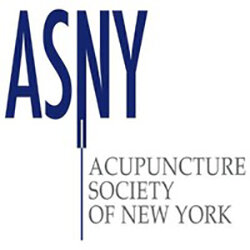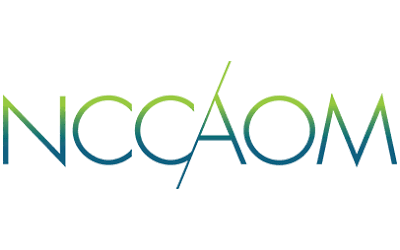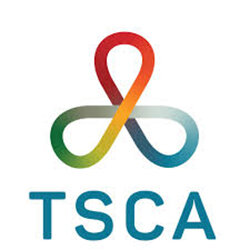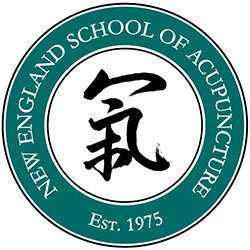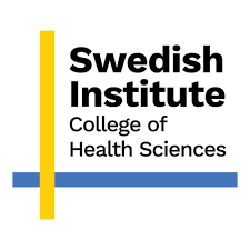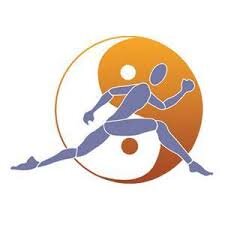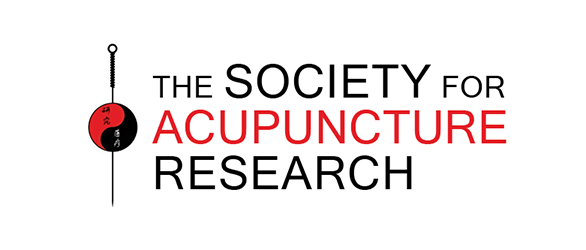Acupuncture And Polycystic Ovarian Syndrome
/Polycystic ovarian syndrome, or PCOS, is a frustrating condition characterized by elevated androgens, insulin resistance, and cysts on the ovaries. The dysfunctional hormone levels associated with PCOS can make ovulation a struggle. And, to add insult to injury, they can also contribute to weight gain, acne, hair loss, and hirsutism. If you’re struggling with PCOS symptoms, it can do a number on your self-esteem. Over the years, we’ve relied on acupuncture for polycystic ovarian syndrome, and it’s made a huge difference for our clients.
Acupuncture has regulating effects on sex hormones, normalizing abnormal menstrual cycles and supporting healthy metabolism. Women with PCOS should consider adding acupuncture to their treatment protocol to enhance their results.
Acupuncture regulates the menstrual cycle
If you have PCOS, then chances are, your periods are unpredictable. Your cycles may be too long or too short. They may be too heavy or too scanty. You may have spotting in between periods. And your periods can change from one cycle to the next. This is all due to underlying hormonal imbalances, particularly dysfunctional testosterone, estrogen, and progesterone levels.
When androgens, or male hormones, are high, this leads to a decrease in progesterone. Low progesterone results in relative estrogen dominance, which can contribute to heavy, painful, and frequent periods. That said, it’s not unheard of for women with PCOS to struggle with estrogen deficiency, either. Every case is unique — but acupuncture can be used to treat them all!
Many of our clients have been able to successfully overcome their painful periods, irregular cycles, and PMS, in spite of their PCOS diagnosis, with the help of regular acupuncture sessions. And if you’re having trouble getting your period at all, acupuncture can help you, too.
Regardless of which type of hormonal imbalance you’re currently dealing with, acupuncture can help restore normal estrogen and progesterone levels. Acupuncture has an adaptogenic effect on hormone levels, regulating the pituitary gland and the endocrine system as a whole, to promote healthy menstrual cycles.
How does acupuncture improve fertility in women with PCOS?
Acupuncture is gentle yet highly effective, and it has the potential to benefit anyone who’s trying for a baby. Whether you’re over 40 and looking to support reproductive health or in the midst of IVF treatments, acupuncture can help. As for women struggling with PCOS, acupuncture can improve fertility in several ways.
To begin with, acupuncture has a normalizing effect on hormone levels. Women with PCOS typically present with abnormal follicle-stimulating hormone (FSH) and luteinizing hormone (LH) levels. FSH and LH play an integral role in ovulation, with both hormones encouraging the production and release of an egg.
If FSH and LH levels are too high or too low, it can make ovulation impossible. Fortunately, acupuncture has shown that it has the ability to bring both of these hormones back into balance, significantly improving fertility in women with PCOS.
Acupuncture has long been used to treat anovulation, and not just in women with PCOS. Stress can also inhibit ovulation by disrupting the pituitary gland, which is responsible for signaling the ovaries to release an egg. Because acupuncture can be used to manage stress naturally, this is another way that it can be used to support fertility.
Can acupuncture improve insulin sensitivity in women with PCOS?
In addition to infertility, women with PCOS also tend to struggle with insulin resistance, which can lead to weight gain, acne, and hair loss, as well as energy issues. Constantly fighting your metabolism can feel like trying to roll a boulder uphill. It can seem impossible at times, and leave you feeling hopeless about your weight loss endeavors. Of course, it’s also possible to be insulin resistant if you’re of a normal weight, or even underweight. These cases are called “lean PCOS”.
If you’re dealing with high insulin levels and/or insulin resistance as a consequence of your PCOS, then you’ll be happy to learn that acupuncture can give you relief for this pesky symptom, too! Research shows acupuncture has the ability to resensitize the body to insulin.
In addition to boosting weight loss, getting your insulin levels under control will also help address the acne, hirsutism, and elevated androgen levels that PCOS causes. And, if you’re a woman with PCOS who’s trying to get pregnant, reining in insulin levels will make ovulation much easier, increasing your chances of getting pregnant.
At Integrative Healing Arts, we’ve also made use of herbal medicine to help our PCOS patients improve their metabolisms. Certain herbal formulas can be used to regulate blood sugar and get insulin under control. Correcting underlying imbalances with the help of TCM is a great way to begin your weight loss journey with PCOS (but, please note, this should only be attempted under the guidance of an expert herbalist).
How often should you get acupuncture for PCOS symptoms?
Whether you were just diagnosed with PCOS today, or have been struggling with this life-changing condition for years, it’s never too early or too late to start acupuncture for PCOS.
When a new patient comes into our clinic, we recommend they start with a minimum commitment for 3 cycles (12 weeks) and receive acupuncture treatments once or twice weekly during that time. We take a holistic approach that includes guidance with dietary and supplements and can include herbal formulas.
PCOS is a metabolic and complex condition that is best addressed with a holistic and personalized plan. One size fits all approach to PCOS is not effective. Some patients require additional treatments after their initial course. At the end of your first round of sessions, we’ll reevaluate your response and determine the best path forward.
It’s worth noting, too, that acupuncture isn’t the only tool that we have at our disposal to help women with PCOS overcome their symptoms. Chinese herbal blends can be useful in certain cases, to help rebalance hormone levels and bring the body, mind, and soul back into alignment.
Chronic stress can trigger PCOS symptoms, leading to intense flare-ups. We advise many of our PCOS patients to consider deep tissue massages as part of their self-care routine, to release pent-up tension. We can also make a few dietary recommendations and lifestyle changes to help you create a wellness plan that allows you to get your condition under control and take charge of your health.
Book your first appointment today!
Many clients come to our clinic feeling lost and overwhelmed by their PCOS symptoms. We love watching them change for the better as they progress through their customized treatment protocols — and we would be thrilled to help you, too!
Get in touch with our office today to book your first appointment. At Integrative Healing Arts, we make it our mission to help every woman restore and maintain hormonal balance so they can achieve total health and wellness.


















